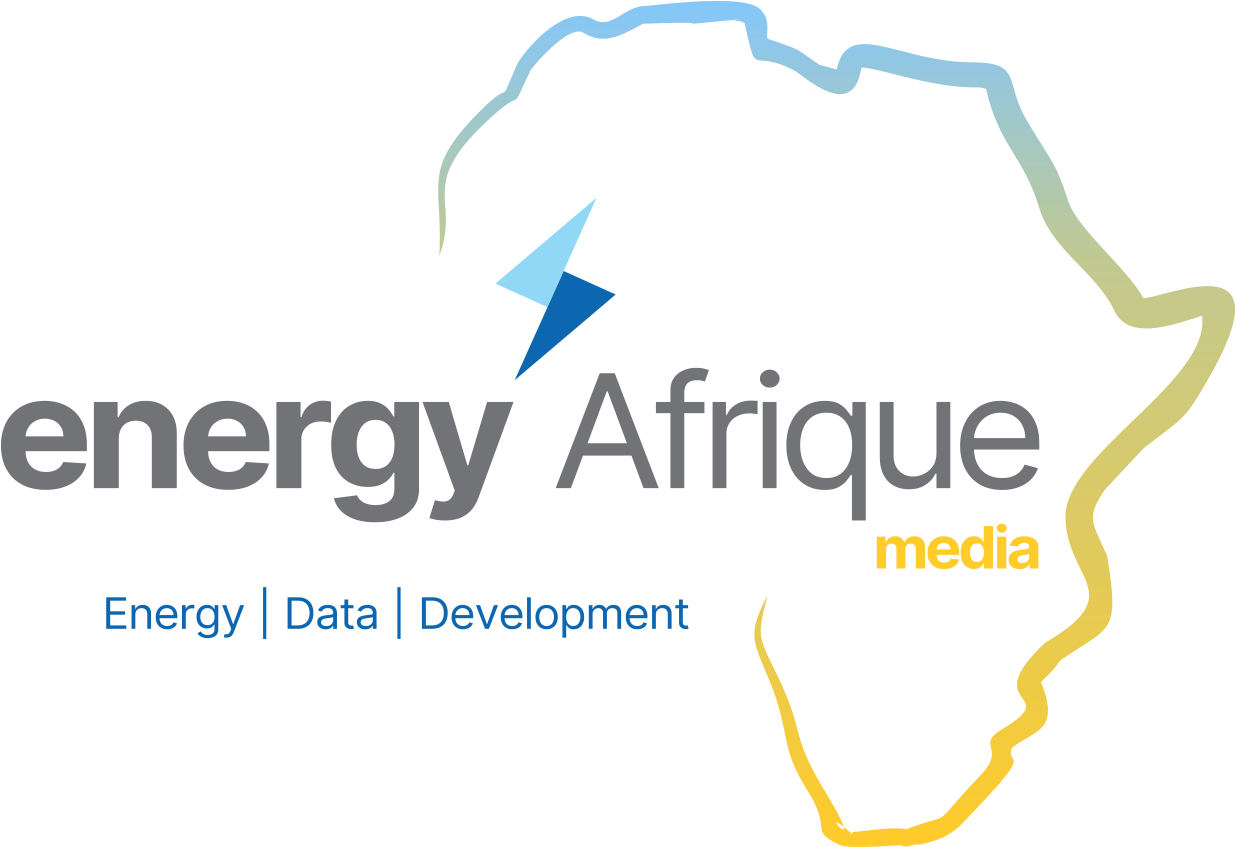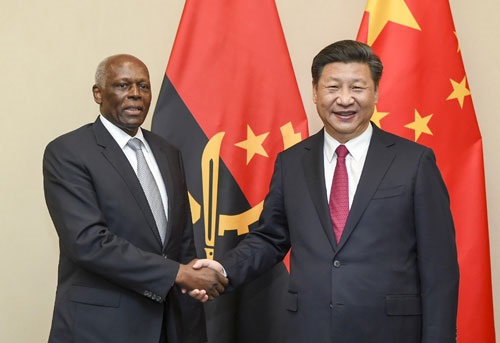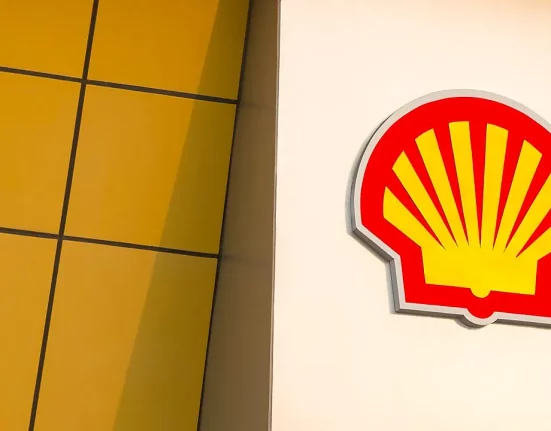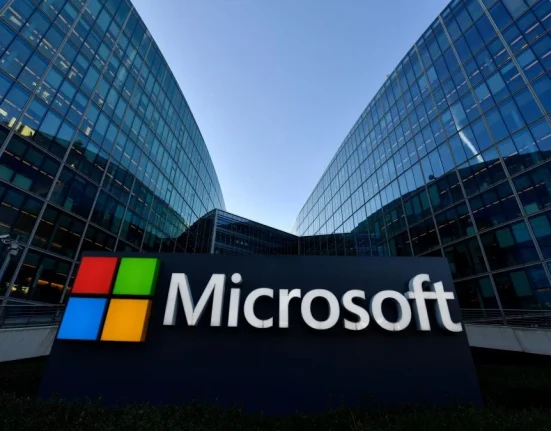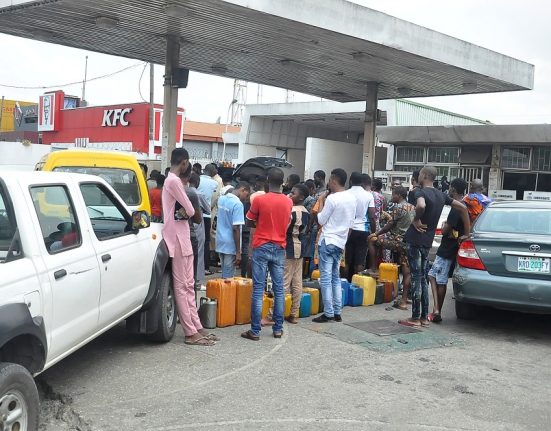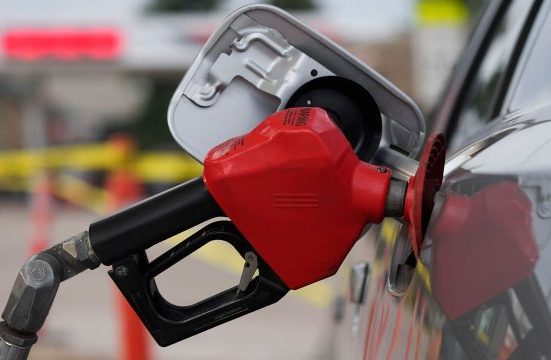In response to circulating rumours and claims about the reintroduction of fuel subsidies in Nigeria, the Nigerian National Petroleum Company Limited (NNPCL) has firmly stated that no such subsidies are currently in place. The assertion from NNPCL comes after comments made by Gabriel Ogbechie, CEO of Rainoil Limited, suggested that the federal government had resumed subsidizing fuel following a significant devaluation of the Naira.
Olufemi Soneye, Chief Corporate Communications Officer at NNPC Ltd, emphasized in a conversation with the press that the subsidy regime had ended with President Bola Ahmed Tinubu’s administration, which saw fuel prices adjust from N200 to N500 per liter. “It is important to emphasize that the subsidy is no longer in place. Contrary to allegations, petrol subsidy has not been reinstated,” Soneye stated.
However, Ogbechie highlighted during the Stanbic IBTC Energy and Infrastructure Breakfast Session in Lagos that the devaluation of the Naira and the ongoing fixed pricing of fuel by the NNPCL indicate that subsidies are effectively back. He noted the disparity between the costs of diesel and petrol, with diesel priced at around N1,300 per liter while petrol remains at N600 per liter. According to his calculations, the government could be subsidizing fuel by N400 to N500 per liter, leading to an expenditure of around N600 billion monthly.
NNPCL, which is the sole importer of petrol in the country, is purportedly maintaining lower fuel prices despite these economic pressures. An industry insider familiar with the Petroleum Industry Act (PIA) pointed out that the law charges NNPCL with ensuring energy security, suggesting that the company might use its profits to manage fuel pricing and availability, stabilizing the market during fluctuations.
The conflicting statements between industry leaders and NNPCL have raised questions about the actual status and mechanics of fuel pricing in Nigeria, a key concern for a nation heavily reliant on imported petroleum products.
